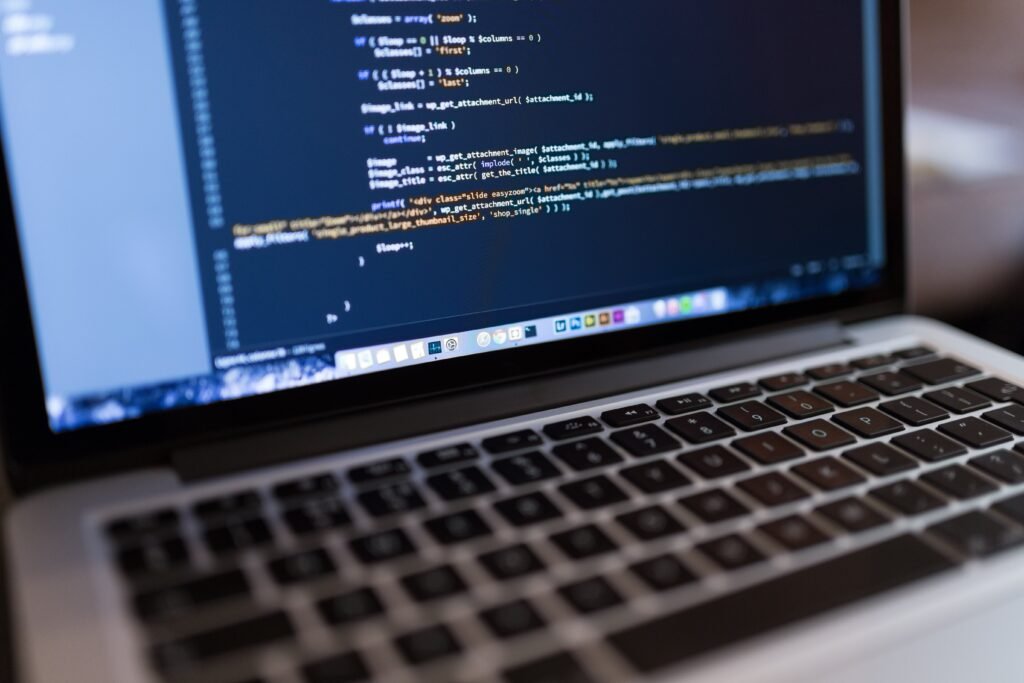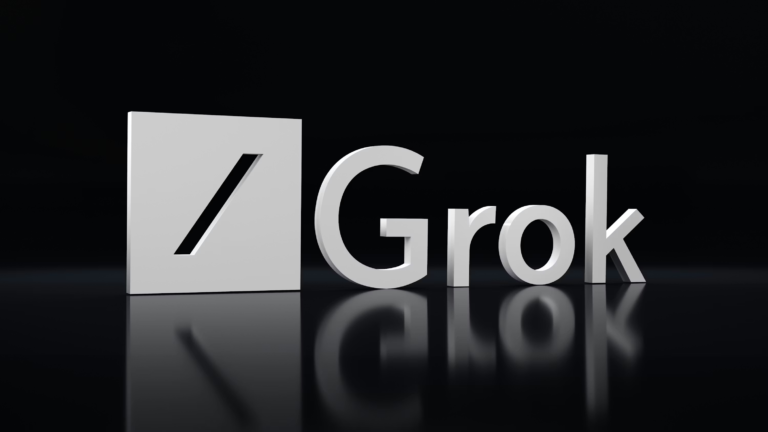Software testing, a critical phase in the software development life cycle, has witnessed significant advancements with the integration of artificial intelligence (AI). The question of whether software testing can be fully accomplished by AI has been a subject of exploration and debate within the tech community.

AI-powered testing tools have demonstrated remarkable capabilities in automating repetitive and time-consuming testing tasks. These tools leverage machine learning algorithms to identify patterns, predict potential issues, and execute test cases with efficiency. This automation significantly accelerates the testing process, allowing for faster releases and quicker feedback loops.
One of the key advantages of AI in software testing lies in its ability to handle complex scenarios and adapt to changes in the software environment. AI algorithms can dynamically adjust test cases based on evolving requirements and system modifications, offering a level of adaptability that traditional testing methods may struggle to achieve.
However, the notion of AI completely replacing human testers is met with both enthusiasm and skepticism. While AI excels in repetitive and rule-based testing, human testers bring a nuanced understanding of user experience, creativity in exploratory testing, and the ability to interpret complex scenarios that may elude automated scripts.
Another consideration is the diversity of testing types and the need for a holistic approach. While AI is proficient in certain types of testing, such as regression testing and performance testing, aspects like user interface (UI) testing and user experience evaluation may require human intervention for a comprehensive assessment.
Furthermore, the effectiveness of AI in software testing is contingent upon the quality and diversity of training data. The AI models need extensive datasets to generalize and identify potential issues accurately. In situations where the training data lacks diversity, the AI system may not adequately represent real-world scenarios, leading to potential blind spots in testing coverage.
AI has undeniably revolutionized software testing, automating routine tasks and enhancing efficiency. The prospect of AI fully taking over software testing is a nuanced one, with strengths in automation but limitations in replicating the intuition and creativity of human testers. The future likely involves a symbiotic relationship, where AI augments the capabilities of human testers, allowing them to focus on strategic and exploratory aspects, ensuring a comprehensive and robust testing process. As technology continues to evolve, the collaboration between AI and human testers will play a pivotal role in achieving a balance between speed, accuracy, and the human touch in software testing.








